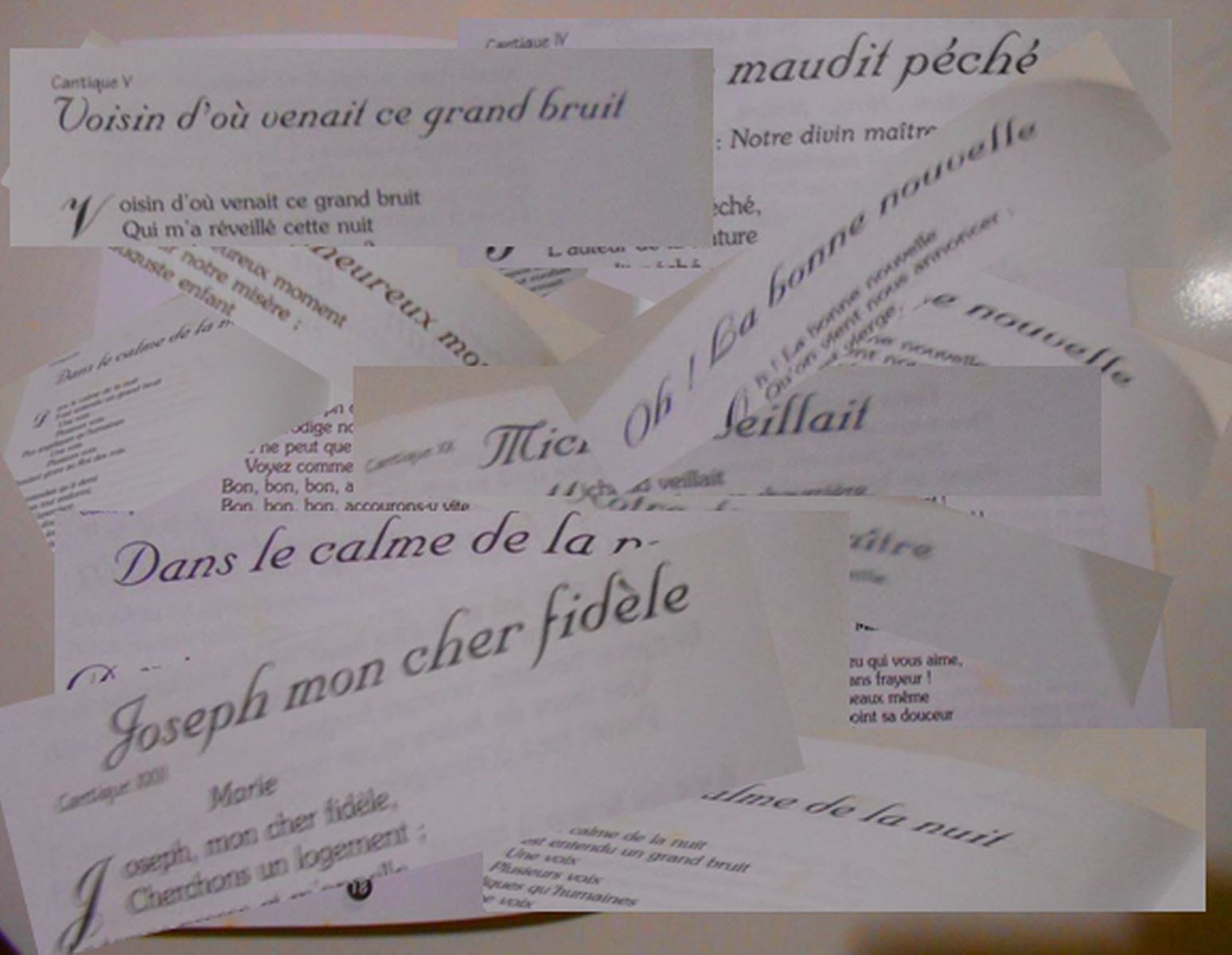
Our parents, grandparents and, why not, our ancestors who invented these moments of communion with family members and friends by writing these Christmas songs that they often sang with clapping hands and drumming on a cooking utensil (a pan, for example) would never have imagined the extent that “chanté Nwèl” (Sing Christmas) would have.
That Christmas of yesteryear, which also consisted in walking in groups and singing carols to the house of family members and neighbours who welcomed you with open arms, has disappeared.
Today, singing these traditional carols has become a business. Indeed, over the last twenty years, orchestras have appeared, they are composed of women (singers and dancers) and men (singers and musicians) wearing costumes made by fashion designers.
Throughout the period from Advent to December 23, these groups will criss-cross Guadeloupe or Martinique to give real concerts. If a mayor, a company or an association wants to look good in front of its citizens, employees or members, he or it has every interest in organizing a “chanté Nwèl”, a type of show that does not cost 2.50 francs but several thousand euros…
Often these groups perform the old carols that have crossed the decades and that are part of our intangible heritage. The music sounds great, it is very rhythmic and it is difficult not to move the body.
These groups also compose new songs that usually tell the story of someone’s adventures on Christmas Eve, especially after eating well and, above all, drinking well…
Sometimes there are also songs a little “peculiar”, not to say with sexual overtones. If you dare to make a negative remark, you are sure those who wrote these songs and their supporters will answer you that you have a “swampy spirit”, you imagine negative things where there are none.
Among these singers and groups, you have some who are “specialists” in the field. They are standing there very early in November to make sure they will fill their “chanté Nwèl” concert agenda with their new CD in hand, a new production that certainly includes a two-way song. No need to mention them, they know who they are. These artists consider themselves poets, entertainers.
Of course, during “chanté Nwèl” on municipal or other stages and now on virtual stages, they perform these ambiguous songs that often become hits. Everyone dances and sings because these songs are composed on traditional rhythms: gwoka for Guadeloupe or bèlè for Martinique. But is this the right time to perform such compositions? In homes, these tracks are also all the rage on the turntables of Hi-Fi systems.
It’s Christmas, a period of joy par excellence, and we see real “tchoké varé”, “bouré douvan” to use Creole expressions, in short, quite “hot” dances…
Yes, many people are drunk with joy and sometimes with rum or punch, but do ambiguous, two-way, sexual songs have a place during these gatherings to celebrate the birth of a child (thus synonymous with innocence) named Jesus, a child who is, in addition, the Saviour of the world?
Yes, yes and yes, ladies and gentlemen, artists and revellers, Christmas is first and foremost a religious festival.
It is clear that there is a mix of Christmas, New Year’s Eve and Carnival. This is certainly due to the short time between these last two celebrations with Christmas; it should be noted that carnival officially starts in Guadeloupe and Martinique on the first Sunday of January but some Guadeloupean “groups a po” are in the streets from January 1.
No, no and no, ladies and gentlemen, artists and revellers, if on December 31 and during the carnival season everything (or almost everything) is allowed, this is not the case at Christmas unless religion has no meaning for you.




